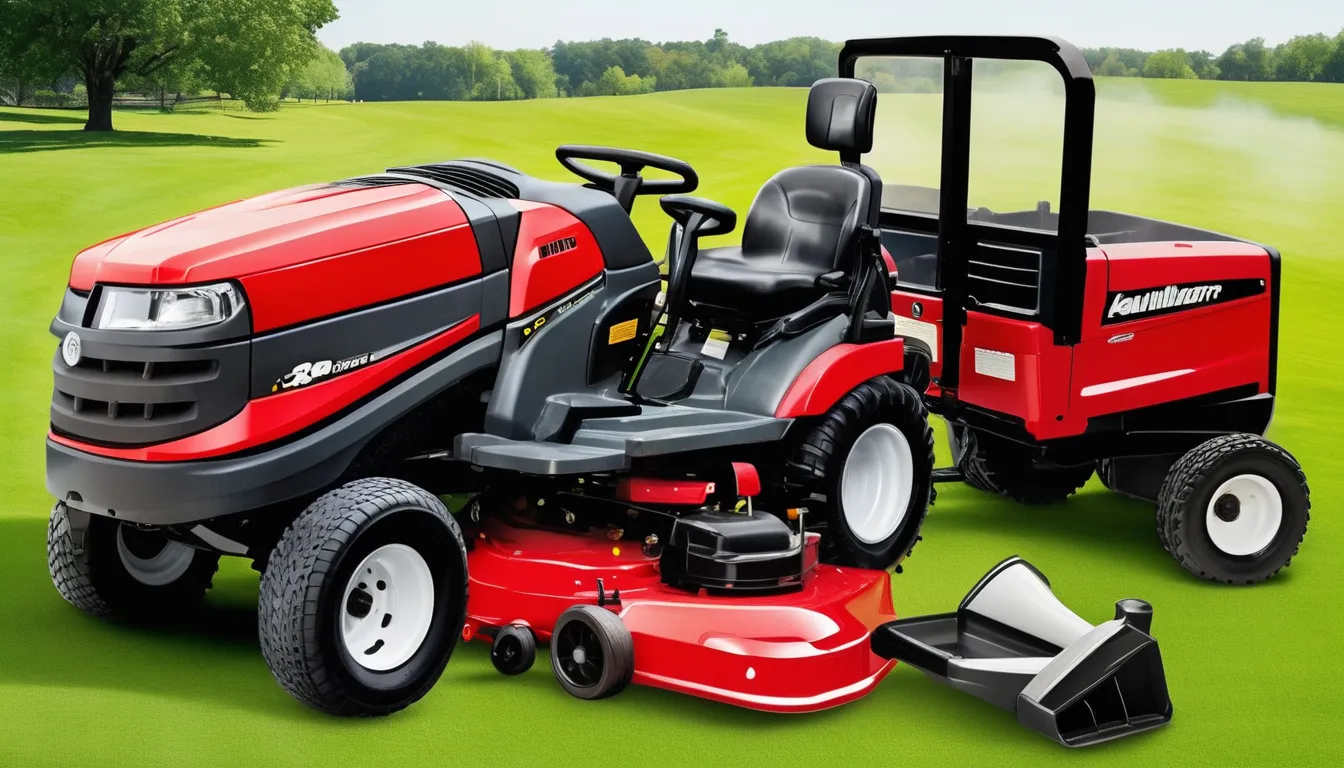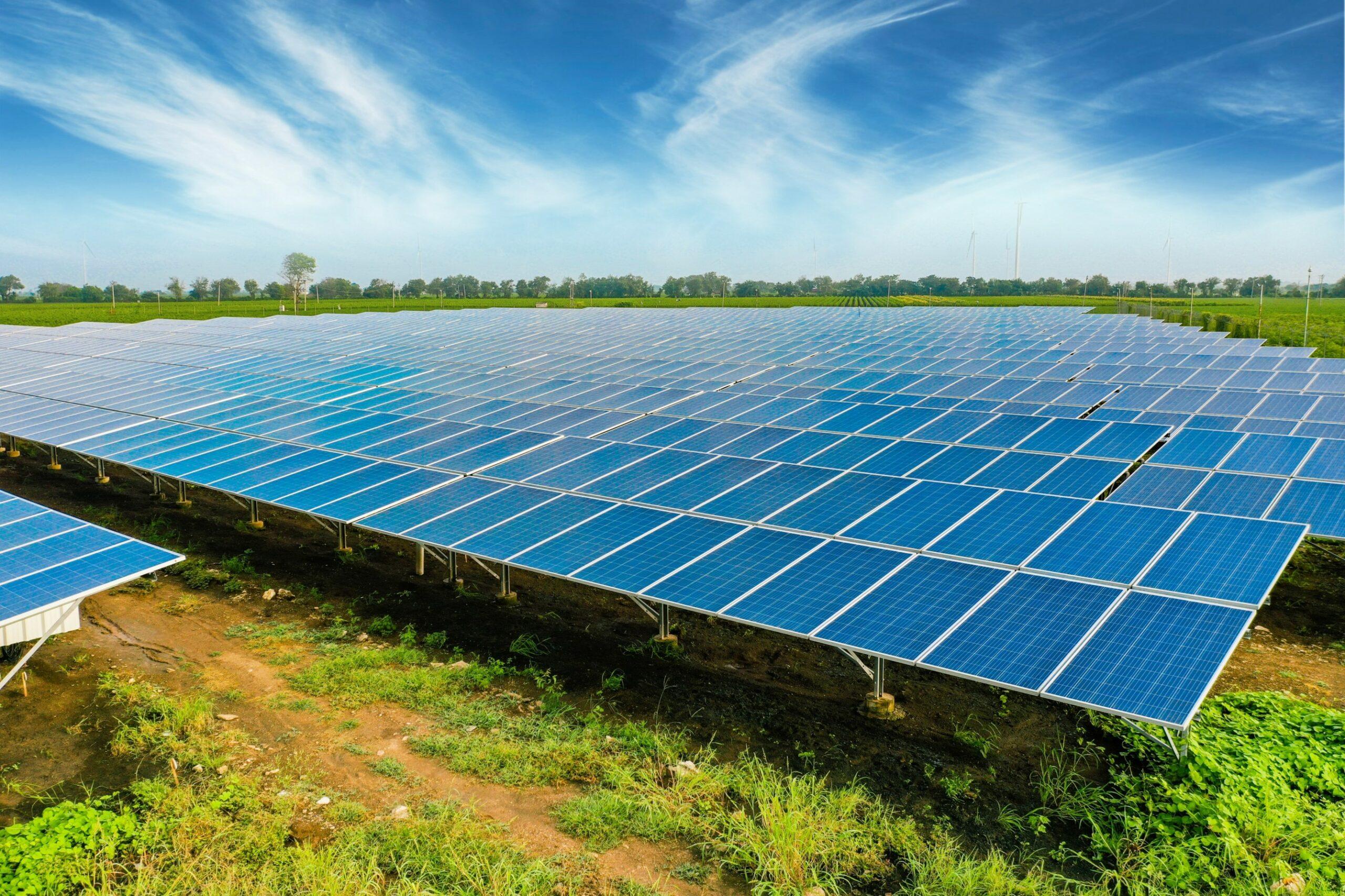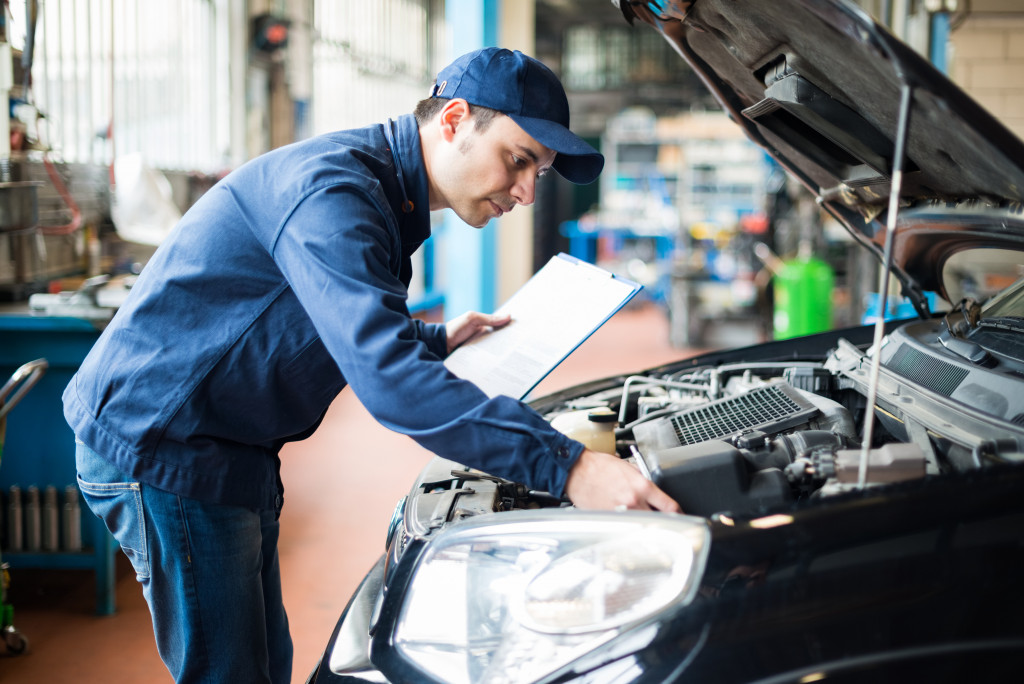To save money on farm equipment maintenance, you must be strategic in your approach. By following a few key tips, you can make a significant impact on your bottom line. Implementing proper maintenance practices and addressing issues promptly can lead to substantial savings over time. However, there is one crucial aspect that often gets overlooked but can make a substantial difference in your maintenance costs. Stay tuned to discover this often underestimated yet highly effective tip that can revolutionize how you manage your farm equipment maintenance expenses.
Regular Maintenance Schedules
To ensure optimal performance and longevity for your farm equipment, establishing regular maintenance schedules is crucial. By implementing a consistent maintenance routine, you can prevent costly breakdowns and extend the lifespan of your machinery. Regularly checking fluid levels, filters, belts, and hoses can help identify potential issues early on, allowing you to address them before they escalate.
Additionally, following the manufacturer’s recommended maintenance guidelines can ensure that your equipment operates efficiently and safely.
Creating a maintenance calendar or checklist can help you stay organized and keep track of upcoming service intervals. By scheduling routine maintenance tasks such as oil changes, filter replacements, and inspections, you can stay ahead of any potential problems and avoid unexpected downtime during critical periods.
DIY Repairs and Fixes
Maintaining your farm equipment doesn’t just involve following regular maintenance schedules; it also requires the ability to handle DIY repairs and fixes efficiently. When it comes to saving money on farm equipment maintenance, being able to tackle some repairs on your own can make a significant difference.
Here are some tips to help you with your DIY repair endeavors:
- Invest in Quality Tools: Having the right tools for the job can make DIY repairs much easier and more effective. Quality tools can also last longer, saving you money in the long run.
- Educate Yourself: Take the time to learn about your equipment and common issues that may arise. Understanding how things work can help you diagnose problems accurately and fix them efficiently.
- Practice Preventative Maintenance: Regularly inspect your equipment for any signs of wear and tear. Addressing small issues early can prevent them from turning into costly repairs later on.
Proper Storage Practices
Proper storage practices play a crucial role in extending the lifespan of your farm equipment. When not in use, it’s essential to store your equipment in a clean, dry, and covered area to protect it from the elements. Exposure to moisture, sunlight, and harsh weather conditions can lead to rust, corrosion, and deterioration of important components. Make sure to clean your equipment thoroughly before storing it to prevent the buildup of dirt, debris, and residue that could cause damage over time.
Additionally, consider using protective covers or tarps to shield your equipment from dust and pests.
It’s also a good idea to elevate your equipment off the ground to prevent moisture from seeping in and causing rust or mold. Properly storing your farm equipment not only helps maintain its appearance but also ensures that it functions optimally when you need it next, reducing the need for costly repairs and replacements.
Utilizing Manufacturer Resources
Amidst the various ways to save money on farm equipment maintenance, one effective strategy is tapping into the resources provided by the manufacturer. By utilizing these resources, you can access valuable information and support that can help you maintain your equipment more efficiently and cost-effectively.
Here are three ways you can make the most of manufacturer resources:
- Online Manuals: Manufacturers often provide online access to equipment manuals, which can guide you through maintenance procedures and troubleshooting steps.
- Technical Support Hotline: Take advantage of the manufacturer’s technical support hotline for quick assistance with any maintenance or repair questions you may have.
- Training Programs: Some manufacturers offer training programs or workshops to help you better understand your equipment, its maintenance needs, and how to troubleshoot common issues.
Investing in Quality Parts
To ensure the longevity and optimal performance of your farm equipment, one key aspect to consider is investing in quality parts. Quality parts may have a higher upfront cost, but they can significantly reduce the frequency of repairs and breakdowns, saving you money in the long run. When you invest in genuine, high-quality parts, you are ensuring that your equipment operates efficiently and effectively, ultimately improving your productivity and yield.
Consider the following benefits of investing in quality parts:
| Benefits of Quality Parts |
|---|
| Greater Durability |
| Enhanced Performance |
| Reduced Maintenance Costs |
Frequently Asked Questions
Can I Use Alternative Cleaning Solutions for Farm Equipment Maintenance?
You can use alternative cleaning solutions for farm equipment maintenance. Consider eco-friendly options like vinegar or baking soda to save money. Always check compatibility with your equipment to ensure safe and effective cleaning.
Is It Necessary to Keep Detailed Maintenance Records for Each Equipment?
You should keep detailed maintenance records for each equipment to track repairs, detect patterns, and plan future maintenance. This helps prevent breakdowns, ensures timely servicing, and ultimately saves you money in the long run.
How Often Should I Inspect the Tires on My Farm Equipment?
You should inspect the tires on your farm equipment regularly, ideally before each use and at least monthly. Proper tire maintenance can prevent costly repairs and downtime. Check for wear, pressure, and any signs of damage.
Are There Any Eco-Friendly Options for Lubricants and Fluids?
When looking for eco-friendly options for lubricants and fluids, consider products labeled as biodegradable or made from renewable resources. These alternatives can help reduce your environmental impact while still providing the necessary maintenance for your equipment.
What Are Some Common Mistakes to Avoid During Equipment Maintenance?
When maintaining equipment, avoid neglecting regular inspections, skipping proper lubrication, using incorrect parts, and ignoring unusual sounds. Staying proactive saves time and money in the long run by preventing costly repairs and downtime.
Conclusion
So, by following these tips for saving money on farm equipment maintenance, you can keep your machinery running smoothly and efficiently without breaking the bank. Remember to stick to regular maintenance schedules, tackle DIY repairs when possible, store your equipment properly, utilize manufacturer resources for guidance, ブルモアー invest in quality parts to avoid costly breakdowns. With a little effort and attention to detail, you can save money in the long run and prolong the life of your farm equipment.




